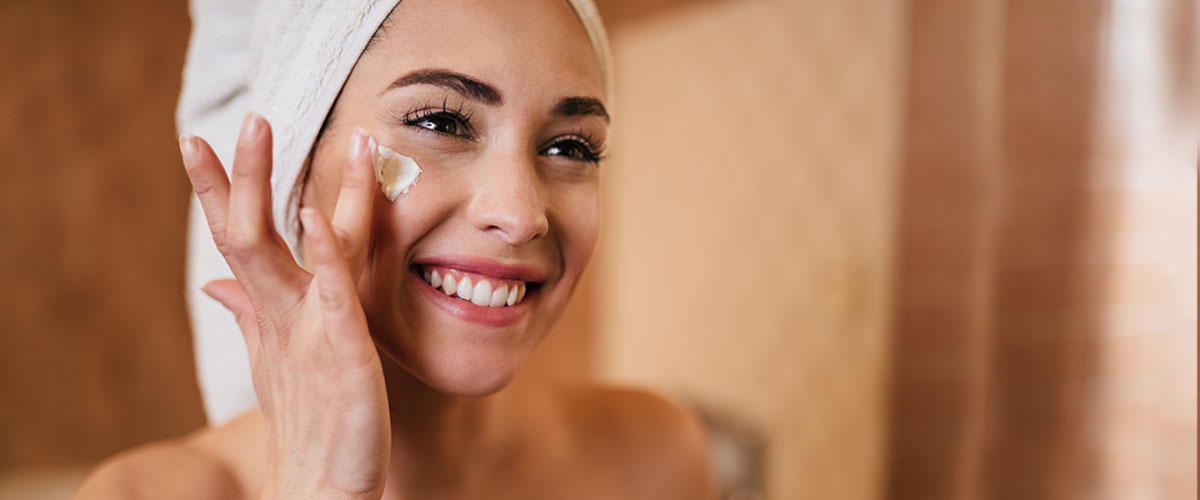Azelaic Acid is a dicarboxylic acid that can be found in grains like barley and rye. Backed by decades of research, it's celebrated for its versatile, multitasking benefits. At its core, Azelaic Acid is a gentle, effective ingredient that works on several fronts – killing acne-causing bacteria, unclogging pores, and calming inflammation.1,2,3,4
-
Azclear Action Foaming Wash
Azclear Action Foaming Wash
Azclear Action Foaming Wash, for the control of pimples and acne.
VIEW PRODUCTAzclear Action Moisturiser SPF 30
Azclear Action Moisturiser SPF 30
Moisturising lotion with SPF 30, broad spectrum protection for acne-prone skin.VIEW PRODUCT
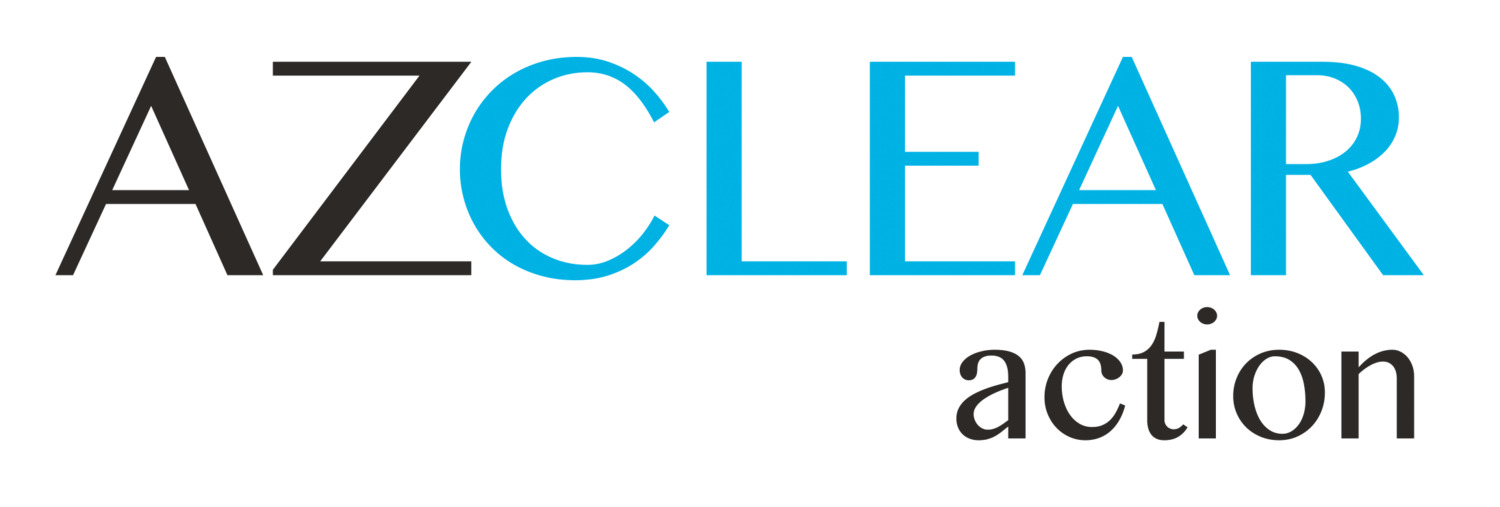
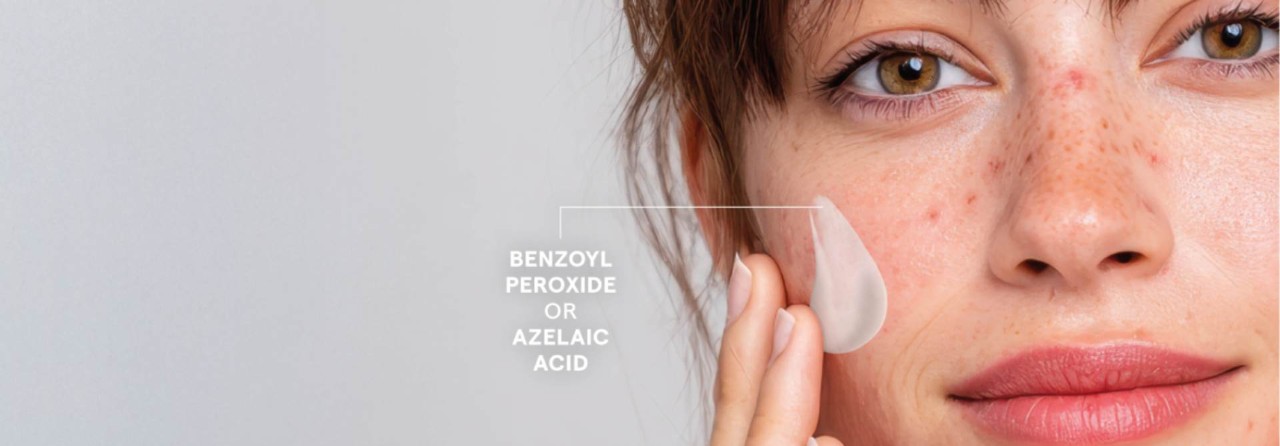
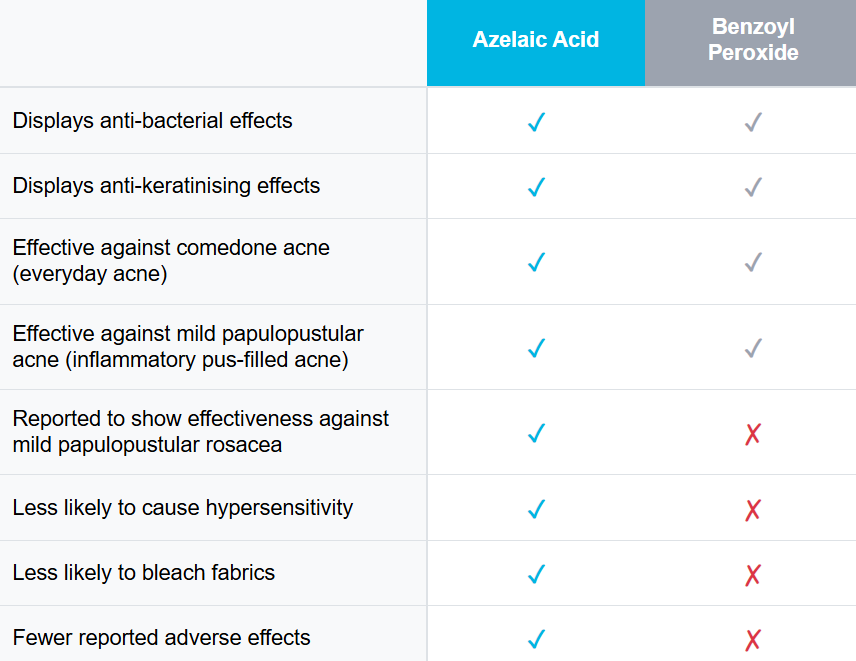
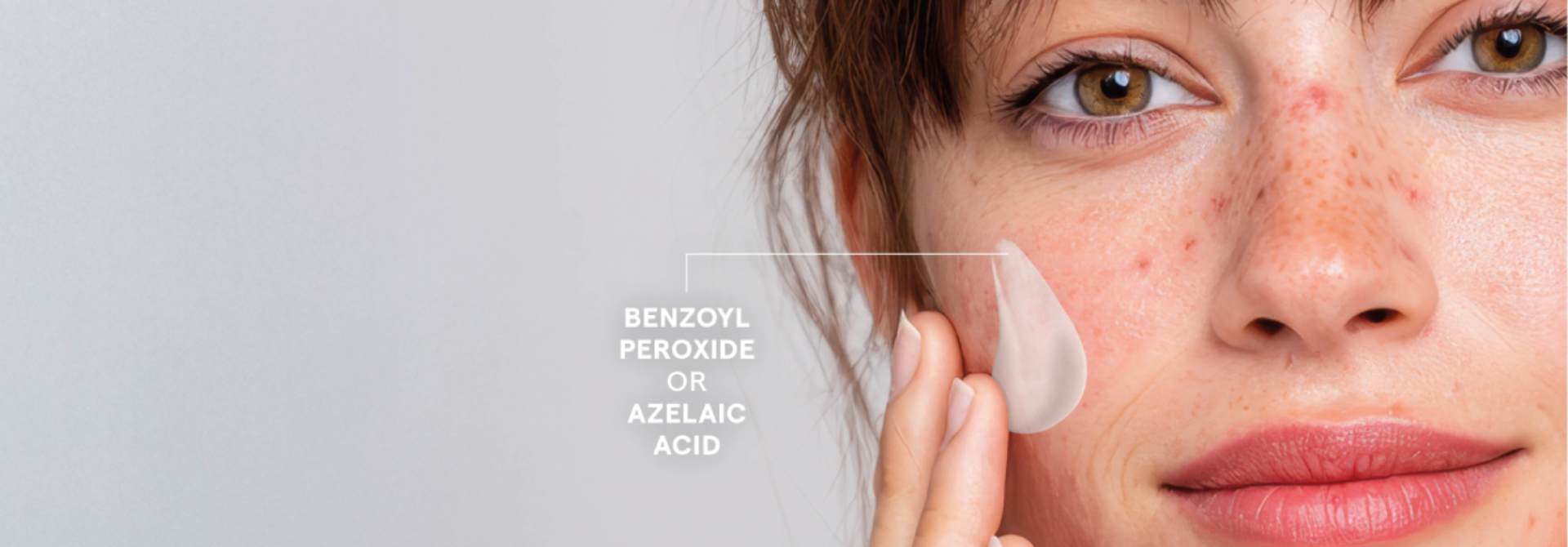
.jpg)
